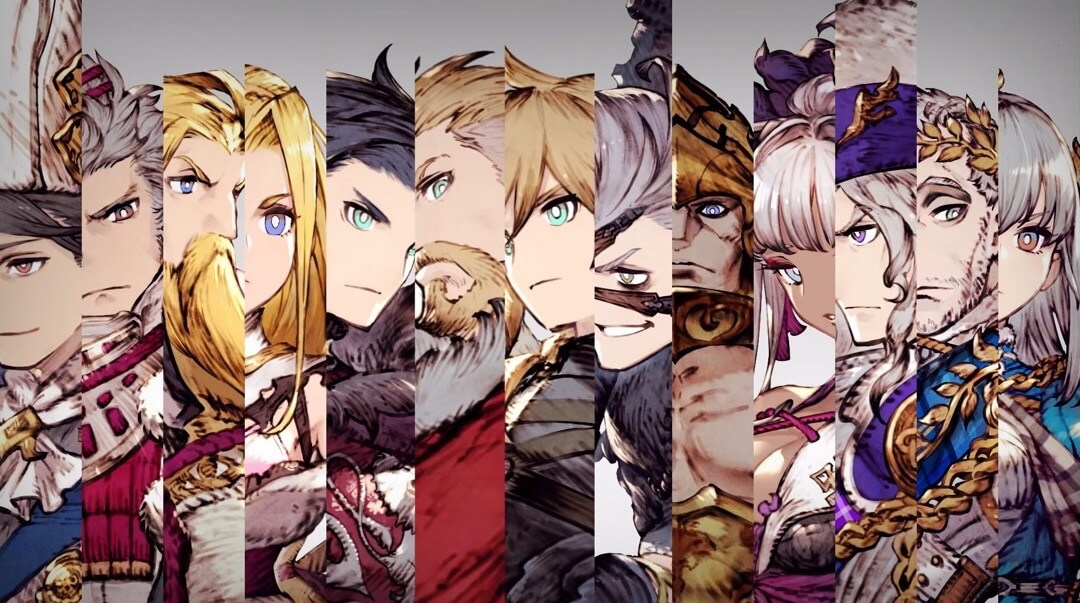The long-awaited decision in the Apple vs. Epic case has been handed down, with a judge deciding that Apple must allow developers to offer alternative payment methods. But Epic Games is not celebrating the decision, and Fortnite is not coming back to the App Store soon, if it ever does. The latest development in this matter came on September 21, when Apple is said to have informed Epic that Fortnite would be banned on iOS until all court appeals are exhausted.
Epic Games CEO Tim Sweeney blasted the decision on Twitter, saying it is not a win for developers or consumers. He went on to say that Fortnite will only return to the iOS App Store “when and where Epic can offer in-app payment in fair competition with Apple in-app payment, passing along the savings to consumers.”
“We will fight on,” Sweeney added.
GameSpot has followed up with Epic Games in an attempt to get more information about the possibility of Fortnite returning to the App Store.
Late in the evening on September 21, Sweeney said Apple informed Epic that Fortnite will be “blacklisted from the Apple ecosystem until the exhaustion of all court appeals.” This could take as long as five years, Sweeney estimated.
Late last night, Apple informed Epic that Fortnite will be blacklisted from the Apple ecosystem until the exhaustion of all court appeals, which could be as long as a 5-year process. pic.twitter.com/QCD7wogJef
— Tim Sweeney (@TimSweeneyEpic) September 22, 2021
Sweeney also accused Apple of lying. He said the company is not holding true to its statement that it would welcome Epic back if it agreed to play by the rules. “Epic agreed, and now Apple has reneged in another abuse of its monopoly power over a billion users,” Sweeney said.
An email that Sweeney sent to Apple’s Phil Schiller mentions that Epic paid Apple the required fee from the judgment, $6 million, and that it asked Apple to reinstate its developer account. “Epic promises that it will adhere to Apple’s guidelines whenever and wherever we release products on Apple platforms,” Sweeney said in the email.
However, Sweeney also mentioned that Epic would only bring Fortnite back to iOS if Apple updates its guidelines to “provide a level playing field between Apple In-App Purchases and other methods of payment.” You can read Sweeney’s full email to Schiller, dated September 16, below.
Apple lied. Apple spent a year telling the world, the court, and the press they’d "welcome Epic’s return to the App Store if they agree to play by the same rules as everyone else". Epic agreed, and now Apple has reneged in another abuse of its monopoly power over a billion users.
— Tim Sweeney (@TimSweeneyEpic) September 22, 2021
Just last week, Epic agreed with Apple that we would play by the same rules as everyone else. pic.twitter.com/WOxsbnAFXE
— Tim Sweeney (@TimSweeneyEpic) September 22, 2021
Fortnite is one of the most popular games on Earth, and it’s been missing from the App Store since it was removed in August 2020. Apple deleted the game from the store because Epic circumvented Apple’s store and offered its own Epic direct payment option for V-Bucks, which is what triggered the lawsuit and the ensuing fallout.
Epic argued in court that Apple was acting as an illegal monopoly, but the judge did not agree. However, the court ruled that Apple participated in anticompetitive behavior based on the law as it’s written in California. This was the only count that the court sided with Epic Games on, with Apple winning all other nine counts.
“Success is not illegal,” the ruling said. “The final trial record did not include evidence of other critical factors, such as barriers to entry and conduct decreasing output or decreasing innovation in the relevant market. The Court does not find that it is impossible; only that Epic Games failed in its burden to demonstrate Apple is an illegal monopolist.”
Whether or not Fortnite ever returns to the App Store remains to be seen.
Source: Gamespot





















